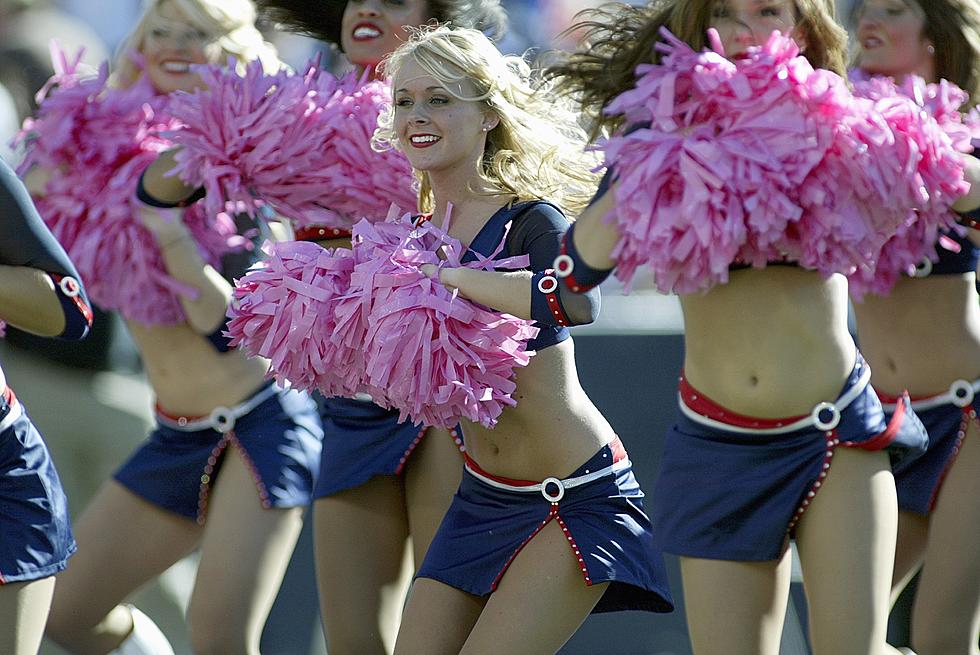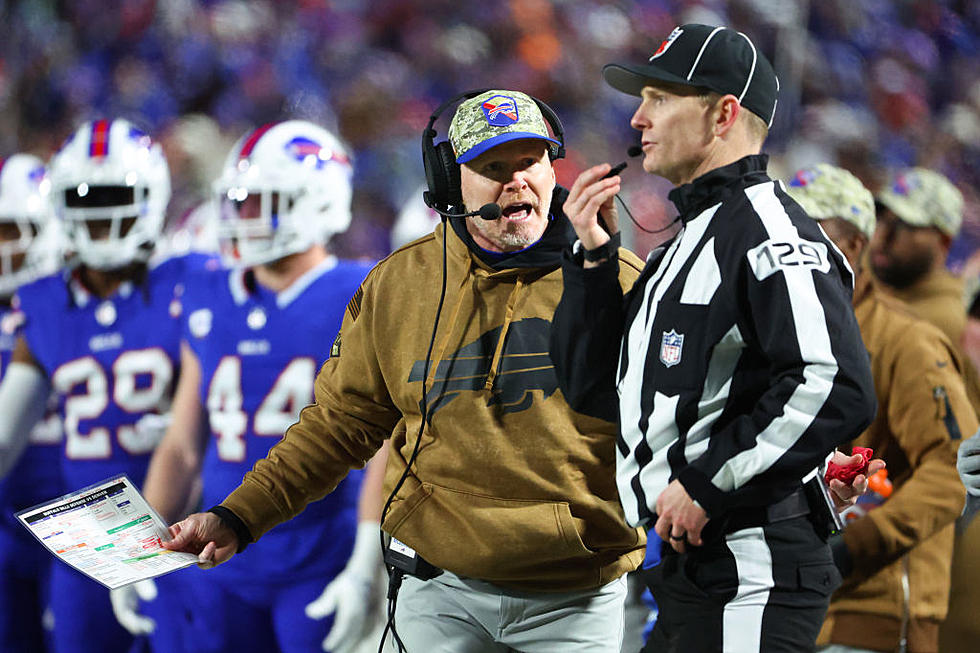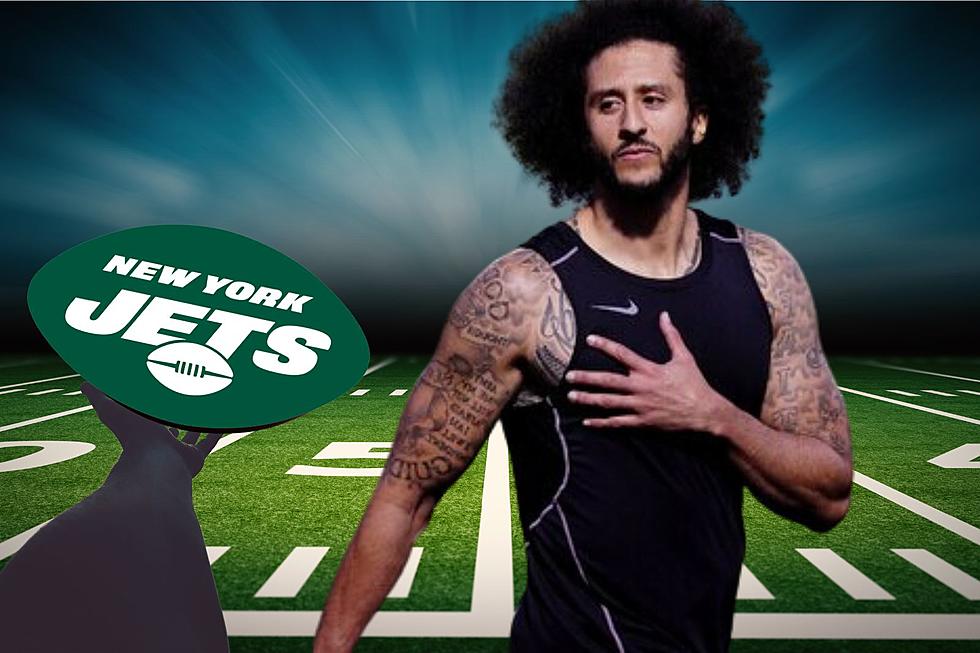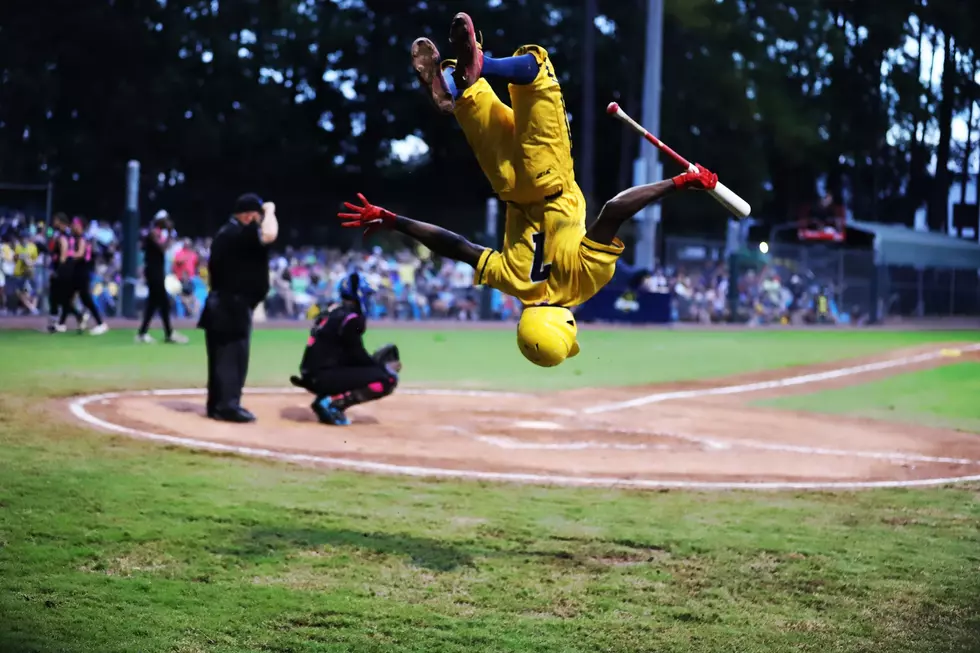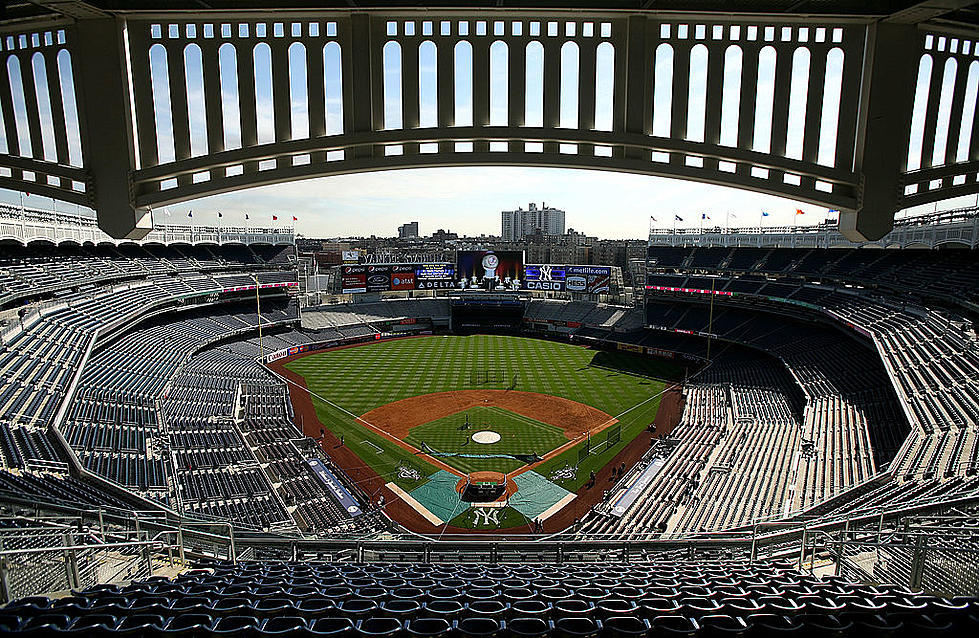
Pros Weigh In On How Empty Stadiums May Impact Sports Results
The COVID-19 health crisis has already affected so many facets of the sports world, from schedules to finances to drafts, but one aspect remains unclear: How will empty venues impact the games and matches yet to be played?
Crowd noise has always played such a big role in athletic contests that Las Vegas oddsmakers often assume the home-field advantage is good for a few points, runs, or goals. Due to the pandemic, though, it's possible that many sports will be played without fans. So, what happens when there is no cheering crowd? Who gets the advantage between offense and defense, pitcher and hitter, and how would the statistics change?
We asked New Hartford's Andy Van Slyke, who played 13 seasons with four different Major League baseball teams, whether the pitcher or batter would benefit more from the silence at a ballpark.
"Neither," he said, "but whoever is the away team." His thinking is that home-field advantage would be significantly reduced, thereby aiding the road team.
Venerable Seattle Mariners baseball announcer Dave Sims agrees with Van Slyke on the pitcher-batter debate: "For what it’s worth, I think it’ll be a push. They’ll both miss the ambient noise."
Sims, who played catcher on Bethany College's baseball team, also thinks the silence may have a negative psychological effect on ballplayers, as many "will hear the birdies on their shoulders loud and clear, second-guessing every decision."
If Sims is correct, ballplayers should probably learn to shut out the silence in the stands and heed the immortal words Crash Davis uttered to Meat in Bull Durham: "Don't think, it can only hurt the ballclub."
Another well-respected announcer, Ian Eagle, who calls NFL games on CBS, thinks offenses will benefit the most if games are played in empty stadiums this fall.
The Syracuse University graduate points out that offensive players prefer "a controlled environment and favorable conditions." He also thinks "scoring would see an uptick."
Defenses may not be able to generate the same levels of adrenaline, and, without crowd noise, could find it tougher to rattle the offense.
"There's a reason," Eagle said, "why home crowds get louder when the opponent's quarterback is trying to communicate with his teammates."
Don McPherson knows all about that. The ex-quarterback, who led the Syracuse Orange to an unbeaten record in 1987 and finished runner-up to Tim Brown in the Heisman Trophy voting that year, said "silent games would benefit offense."
McPherson added that "communication will improve and things like momentum and emotion will be muted."
If the offenses do improve, it's a clear bonus for fans, who prefer shootouts. Other pluses with no fans in attendance will be a temporary moratorium on drunkenness, hooliganism, and racial slurs at international soccer matches.

One thing's for sure. The silence will give TV viewers and radio listeners their best chance ever to pick up great audio from the players. That could include a lot of the crucial on-field communications between soccer players, each "Omaha" or "Ric Flair" audible barked out by a quarterback, and every shred of colorful dugout profanity.
MORE: See absolutely chilling photos of empty public spaces worldwide
More From Lite 98.7

